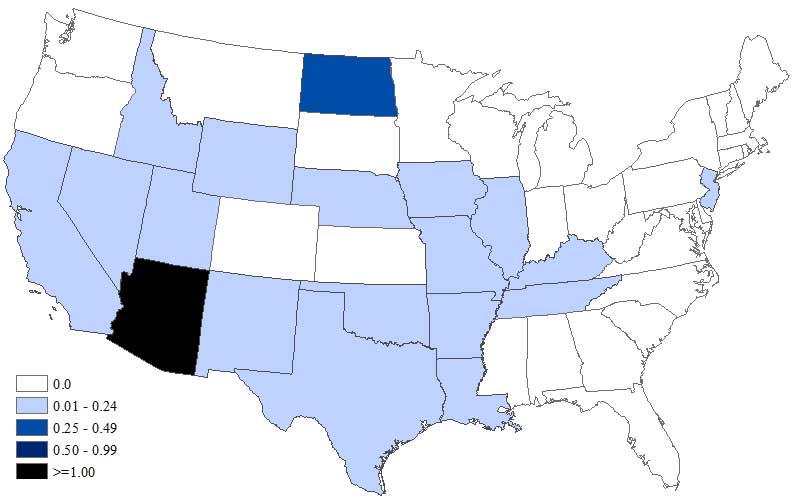Last Updated Tue, 06 May 2003 20:06:13
HALIFAX - Canadian Blood Services is scrambling to get a screening test in place for West Nile virus before mosquitoes start biting, but there's no guarantee the test will keep the blood supply safe.
Experts originally thought West Nile couldn't be transmitted through transfusions, but it can.

Joyce Kimmel
Joyce Kimmel of Kitchener, Ont., was felled by West Nile while fighting cancer. A mosquito didn't infect her; the infection came from a blood transfusion she needed for cancer treatment.
INDEPTH: Tainted blood timeline
Kimmel's death exposed the vulnerability of the blood supply. "I shouldn't have to worry about the safety of the blood supply while they're worrying about everything else," said her son David.
Roche Diagnostics is rushing to develop a test to screen blood donations for West Nile. Work that would usually take several years is being done in months.
The deadline to deliver the test is July 1, hopefully in time for West Nile season. "The worst-case scenario is human cases appearing before the full availability of the commercial test," said Dr. Graham Sher of Canadian Blood Services.
In case West Nile arrives before the test, the blood agency plans to stockpile blood collected before the mosquitoes start biting.
No blood test is foolproof
Even when the test is in place, there is no guarantee it will catch all contaminated blood because no test is foolproof.
"If we have a resumption of the epidemic, there will be some cases of West Nile virus transmitted by blood just as there are still cases of Hepatitis C and HIV," said blood transfusion expert Dr. Harvey Klein of the National Institutes of Health in Washington.
"But the number will be very small and the impact on the nation's health will ... be unmeasurable."
INDEPTH: West Nile Virus
There was no time for clinical trials to prove the test's accuracy. Canadian Blood Services says regardless a test is better than no test and the vast majority of possibly infected units will be screened out.
Only a fraction of people bitten by mosquitoes carrying West Nile get sick – 20 per cent will feel mildly ill and fewer than one per cent develop serious illness. It's believed the number who fall ill from contaminated blood is also low.
"Even with a transfusion of an infected unit most individuals will not develop disease," said Klein. "So we're not talking about a national emergency. We're talking about making a very safe blood supply yet a bit safer."
Written by CBC News Online staff


No comments:
Post a Comment